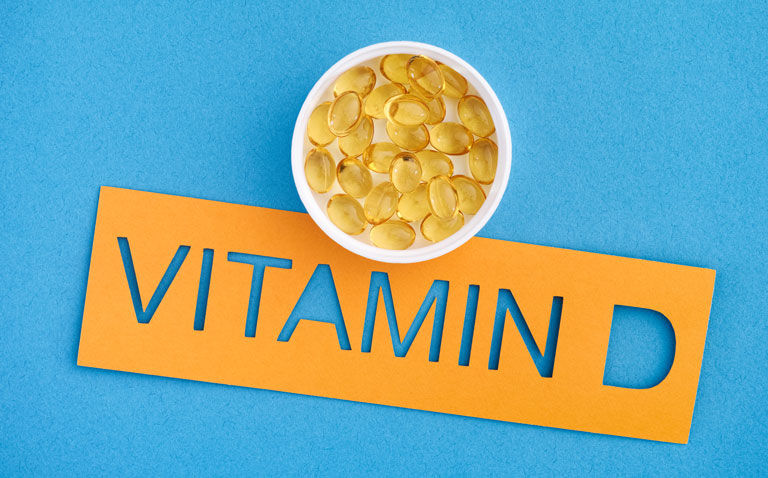The objective response and progression-free survival rates in advanced melanoma are greater when vitamin D levels are within the normal range
Vitamin D can modulate both innate and adaptive immune responses. Moreover, recent work suggests that vitamin D exerts anti-proliferative effects on tumour cells. Some research also demonstrates how the vitamin up-regulates programmed death ligand 1 expression. This findings indicates a possible synergic effect in combination with immune-checkpoint inhibitor treatment. But whether this improves the objective response rate during advanced melanoma treatment remains unclear.
The current study looked at the effect of vitamin D levels during anti-PD-1 immunotherapy with nivolumab or pembrolizumab in advanced, inoperable or metastatic melanoma. Serum levels of vitamin D were either reduced (group 1) or normal (group 2). Researchers then compared the objective response rate, progression-free and overall survival between the two groups.
Objective response rate and vitamin D levels
Data were available for 200 patients. Among those in group 1, the objective response rate (ORR) was significantly lower than for group 2 (36.2% vs 56%, p = 0.011). Similarly, there was a shorter progression-free survival (5.75 vs 11.25 months, p = 0.037). In addition, a lower proportion of patients had a complete response (7.8% vs 10.3%). Finally, the overall survival was lower in group 1 but the difference with group 2 was non-significant (27 vs 31.5 months, p = 0.39).
The researchers suggest that vitamin D levels should be within the normal range during anti-PD-1 immunotherapy in advanced melanoma patients.










